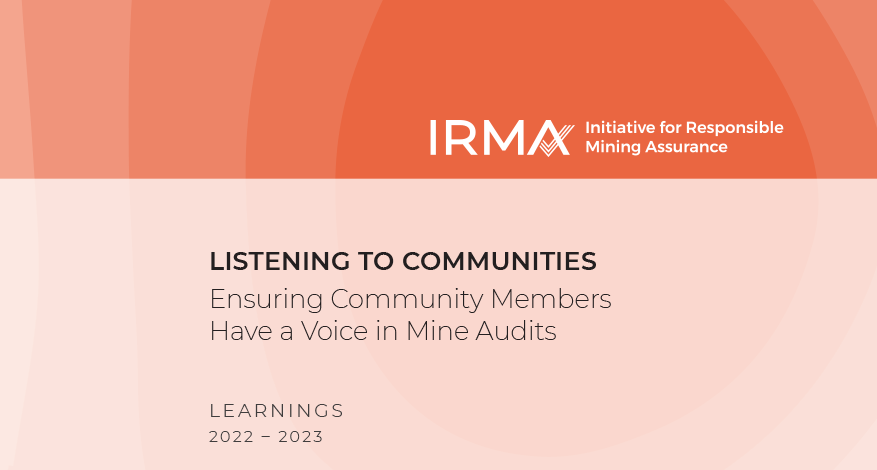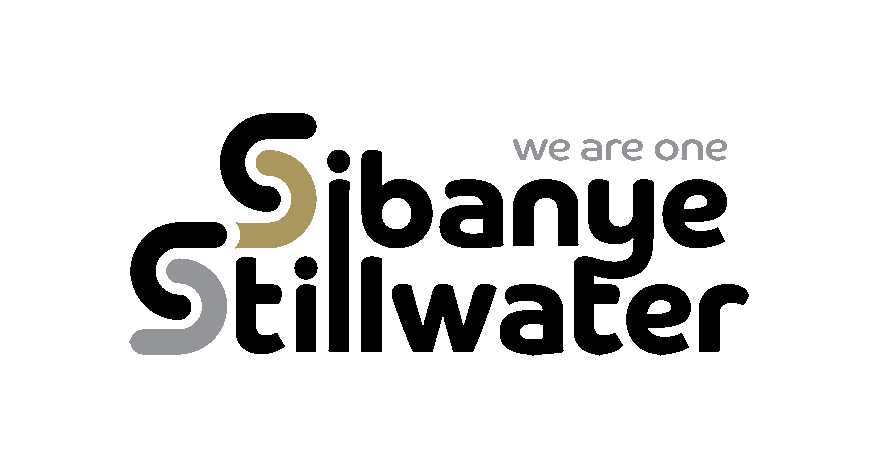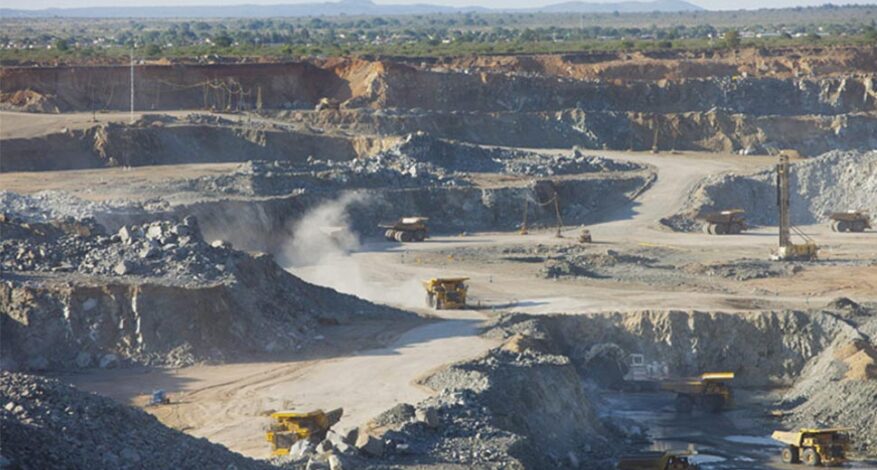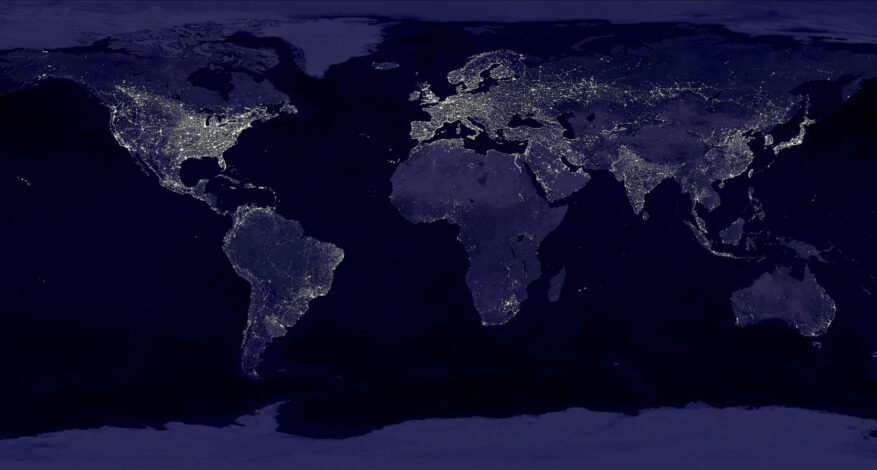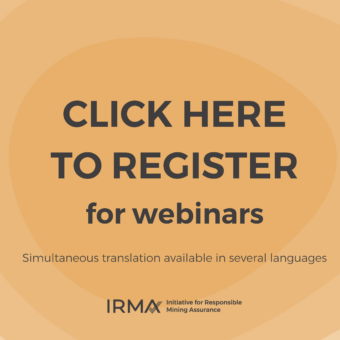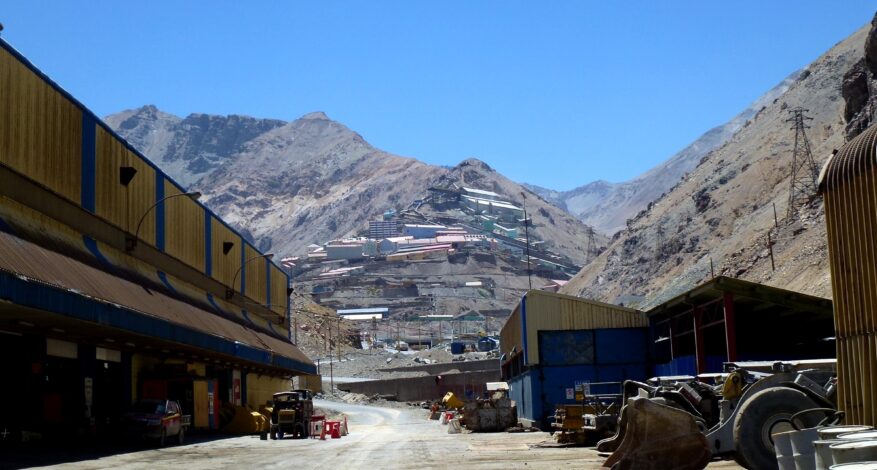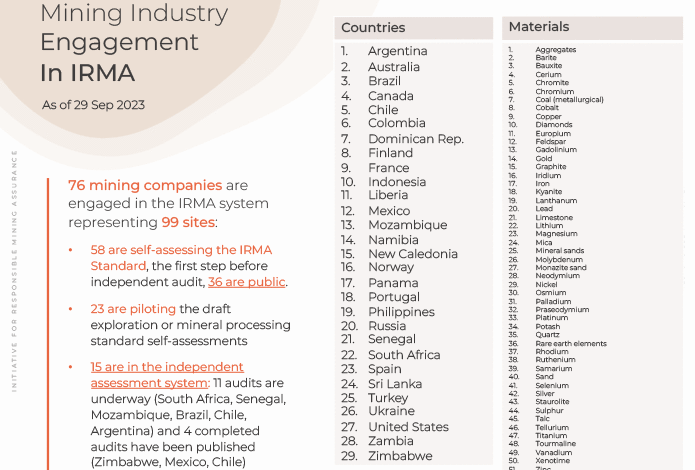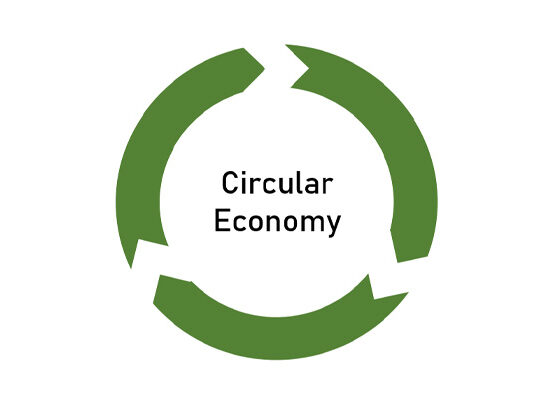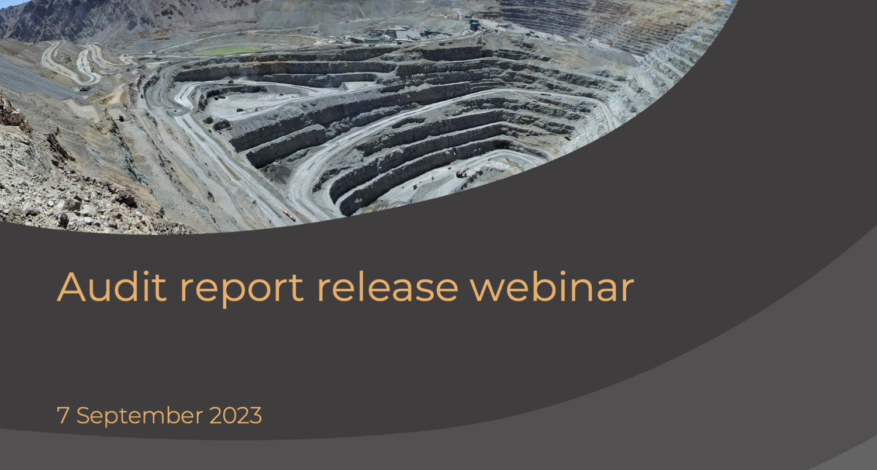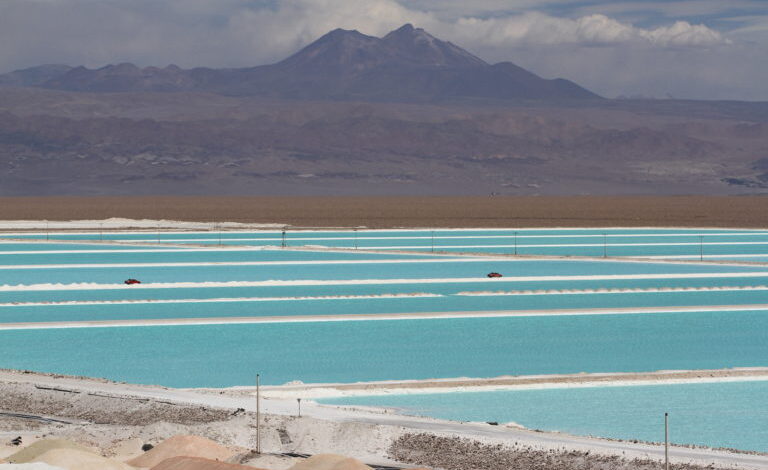Corrección del 11 de septiembre: la versión anterior de este comunicado usaba la palabra "certificación". IRMA no "certifica" minas, las evaluamos de acuerdo al Estándar de IRMA. Una mina que logra un puntaje IRMA 75 no es una mina aprobada por IRMA, es una mina que ha obtenido al menos un 75% en las cuatro áreas principales del Estándar IRMA: (1) ambiental y (2) responsabilidad social, (3) planificación de legados positivos, y (4) integridad empresarial
La mina logra IRMA 75 y ofrece información novedosa acerca de su desempeño social y ambiental a las comunidades afectadas y otros actores sociales
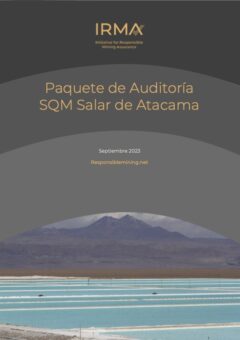 6 de septiembre de 2023 — En el día de la fecha, la Initiative for Responsible Mining (IRMA, por sus siglas en inglés) publicó los resultados de una auditoría independiente de las operaciones de litio en el Salar de Atacama de SQM en virtud del estándar para la minería responsable de IRMA. La mina logra un puntaje de IRMA 75 cuando una auditoría independiente midió su desempeño respecto de ciertos criterios sociales y ambientales específicos.
6 de septiembre de 2023 — En el día de la fecha, la Initiative for Responsible Mining (IRMA, por sus siglas en inglés) publicó los resultados de una auditoría independiente de las operaciones de litio en el Salar de Atacama de SQM en virtud del estándar para la minería responsable de IRMA. La mina logra un puntaje de IRMA 75 cuando una auditoría independiente midió su desempeño respecto de ciertos criterios sociales y ambientales específicos.
IRMA supervisa el único proceso independiente e integral para evaluar el desempeño individual de las minas respecto de un estándar consensuado que se rige de forma igualitaria. Tal proceso también mide el progreso posterior de la mina en lograr reducir los daños sociales y ambientales. El proceso riguroso de IRMA invita a todas las personas que se ven afectadas o que puedan verse afectadas por una mina a que compartan sus experiencias y perspectivas con el equipo de auditoría.
Confeccionado tras una década de consultas públicas y mediante aportes de más de 100 empresas y organizaciones, el Estándar IRMA y su proceso de evaluación reconoce los motivos de preocupación de las comunidades indígenas titulares de derechos, las comunidades, el personal minero, los defensores de los derechos ambientales y derechos humanos y otros representantes de la sociedad civil. El sistema independiente de IRMA es el único estándar minero internacional que otorga a esos grupos la misma plataforma para expresarse que a las empresas mineras, los compradores de materiales mineros e inversores.
El Salar de Atacama de SQM se suma a otras 15 minas industriales de todo el mundo que realizan auditorías independientes en virtud del Estándar IRMA en 2023. Después de una autoevaluación inicial, la mina participante contrata a una empresa de auditoría independiente —capacitada y aprobada por IRMA— para hacer una evaluación detallada independiente, incluidas visitas a la mina y las comunidades aledañas.
IRMA 75 significa que la empresa de auditoría ERM-CVS verificó que la mina cumplió todos los requisitos críticos del Estándar IRMA y al menos el 75 % de los criterios del Estándar en cada una de las cuatro áreas: responsabilidad social, responsabilidad ambiental, integridad de la empresa y planeación y gestión de legados positivos. El informe completo de la auditoría está disponible en responsiblemining.net.
“La información que necesitan los actores sociales para decidir qué está bien y qué requiere más atención”.
“Este informe demuestra que las minas que aportan materiales esenciales para llevar a cabo la transición a la energía renovable ahora pueden apuntar a evaluaciones transparentes e independientes sobre su desempeño ambiental y social”, afirmó Aimee Boulanger, directora ejecutiva de IRMA. “Mediante informes de auditoría detallados de IRMA, las empresas mineras, las comunidades y las empresas que compran materiales mineros pueden obtener la información que necesitan para decidir qué está bien y qué requiere más atención en minas específicas”.
Dado que el Estándar IRMA es reconocido mundialmente y se implementa en muchos países, estas auditorías son solo el puntapié inicial de un diálogo creciente entre las empresas mineras y las partes afectadas por sus operaciones. Dado que el proceso todavía no es definitivo, IRMA advierte que se deben revisar e interpretar los resultados preliminares en consecuencia.
“El Estándar IRMA es bastante nuevo”, afirmó Boulanger. “Es un proceso desconocido para empresas que deciden voluntariamente hacer una auditoría, e incluso nuestros auditores certificados todavía están aprendiendo. Lo mismo aplica a los integrantes de la comunidad y los trabajadores que responden las entrevistas como parte del proceso; de hecho, algunas personas todavía se muestran reacias a participar. No hay que perder eso de vista al momento de leer el informe de auditoría del Salar de Atacama de SQM. Celebramos que SQM sea una de las primeras minas que se ofreció a hacer la auditoría de acuerdo con estos criterios tan exhaustivos y rigurosos”.
El informe también es una rendición de cuentas honesta acerca del propio progreso de IRMA a medida que se avanza en perfeccionar el Estándar y el proceso de evaluación. “Si los resultados no reflejan del todo la experiencia de las comunidades, las comunidades indígenas titulares de derechos u otros grupos afectados, nos interesa saberlo” agregó Boulanger. “Los pondremos en contacto con la empresa para que puedan entender mejor su desempeño, y con los auditores si existen problemáticas que pasamos por alto en la revisión. Es uno de los pilares de nuestro compromiso con la transparencia. Invitamos a todas las personas que tengan comentarios sobre nuestro trabajo a que se nos unan para poder seguir mejorando. Encontrar maneras de mejorar es la esencia de nuestro sistema y una medida de nuestro éxito”.
“Llevar a cabo una auditoría de IRMA refleja nuestro deseo de mejorar y nuestra apertura al diálogo”.
“El hecho de que Salar de Atacama haya alcanzado la primera certificación de IRMA 75 para una mina de litio da cuenta del gran empeño puesto por todas las personas que conforman SQM. Llevar a cabo una auditoría de IRMA y difundir los resultados de nuestra auditoría con absoluta transparencia refleja nuestro deseo de mejorar y nuestra apertura al diálogo con todos los actores sociales afectados acerca de cómo lograr ese crecimiento”, aseveró Ricardo Ramos, CEO de SQM.
Obtener más información en la sesión de preguntas y respuestas del webinario.
- Para registrarse: https://bit.ly/IRMA-SQMAtacama-webinar
- Jueves 7 de septiembre, 11am CLST/GMT-3 (hora Chilena)
- Oradores: Aimee Boulanger, directora ejecutiva de IRMA; Adan Olivares Castro, Líder de América; Javier Silva, Gerente de Sostenibilidad y Relaciones Comunitarias de SQM
- Debate, preguntas y respuestas sobre el significado de los resultados de la auditoría, y cómo las partes interesadas pueden utilizar la información que proporciona una auditoría IRMA para mejorar la transparencia y el funcionamiento de la operación minera.
- El seminario web tendrá interpretación simultánea para hablantes de español e inglés. Todos los inscritos recibirán un link con la grabación.
Para más información:
